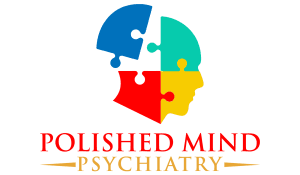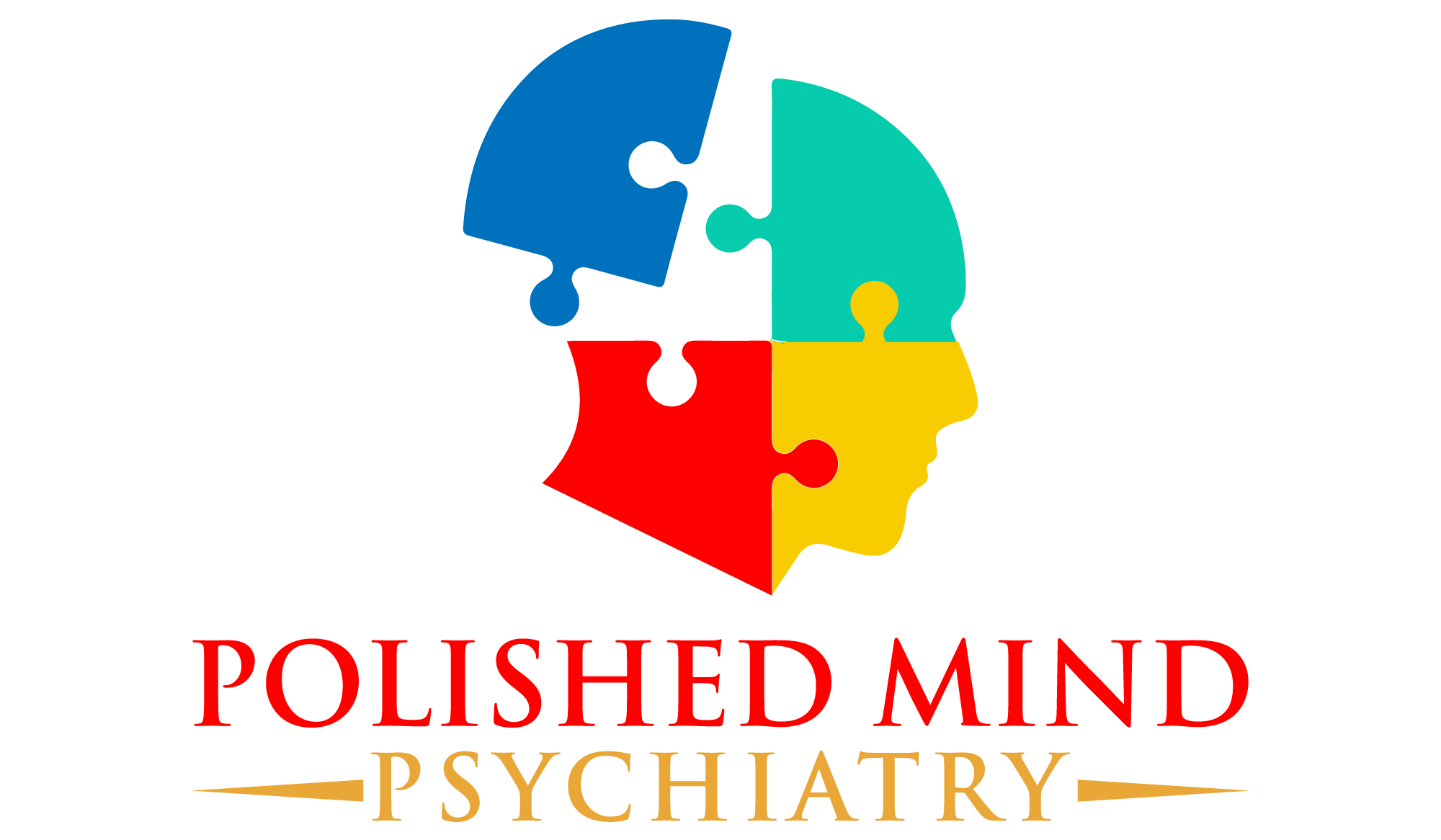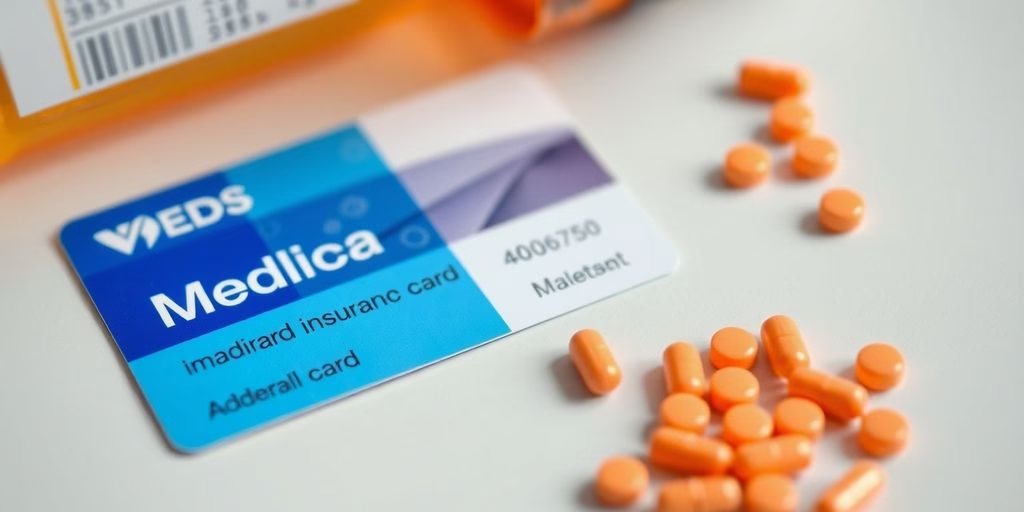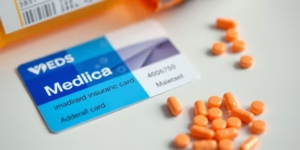Getting the right mental health care can feel like a puzzle, especially when you’re trying to figure out how to use your Medicaid benefits for treatment. If you’re looking for information on how to get Adderall prescribed with Medicaid, Reddit can be a place where people share their experiences. This guide breaks down what you need to know about ADHD, treatment options, and how to work with healthcare providers who accept Medicaid.
Key Takeaways
- Understanding ADHD and its treatment options is the first step toward getting the care you need.
- Finding healthcare providers who accept Medicaid and understand the prescription process for stimulants is important.
- Building a good relationship with your provider and having a clear treatment plan can help you manage your ADHD effectively.
Understanding ADHD and Treatment Options
What is ADHD?
Attention-Deficit/Hyperactivity Disorder (ADHD) is a neurodevelopmental condition that affects how a person pays attention, controls impulses, and manages their activity levels. It’s not just about being fidgety or having trouble focusing when bored; for individuals with ADHD, these challenges are persistent and can interfere with daily life. The diagnostic criteria, as outlined in the DSM-5, generally require symptoms to be present before a certain age, though the exact onset can vary. Diagnosing ADHD involves a doctor assessing symptoms over the past six months, as there isn’t a single definitive test [a7dd]. This evaluation helps determine if an individual meets the criteria for the condition [c4e8]. For children under 16, the DSM-5-TR criteria specifically require at least six out of nine symptoms in either the inattentive or hyperactive-impulsive categories [46ed]. It’s important to remember that while the DSM-5 suggests symptoms appear before age 12, ADHD can manifest later in life, and the age of onset isn’t always a strict cutoff, indicating a need for flexibility in adult diagnoses [5241].
The Role of Medication in ADHD Treatment
Medication is often a key component in managing ADHD symptoms, helping individuals to improve focus, reduce impulsivity, and regulate activity levels. When considering medication, it’s important to have a clear understanding of how it works and what to expect. The goal of treatment is to help individuals function better in their daily lives, whether at work, school, or in personal relationships. Finding the right medication and dosage is a process that requires careful monitoring and adjustments by a qualified healthcare professional. At Polished Mind Psychiatry, we offer services that can help you explore these options. You can learn more about our services and book an appointment at https://polishedmindpsychiatry.com/book-an-appointment/.
Medication is just one part of a larger treatment picture. It’s most effective when combined with behavioral strategies and support systems.
Navigating Psychiatric Care with Medicaid

Finding Providers Who Accept Medicaid
When looking for a psychiatrist or mental health professional who accepts Medicaid, it’s important to know that not all providers do. This can sometimes make finding care a bit challenging, especially in rural areas where options might already be limited. Experts predict that Medicaid cuts will worsen the already limited access to mental health care in rural communities. It’s a good idea to start by checking the official Medicaid website for your state or calling your local Medicaid office. They often have directories of participating providers. You can also call clinics directly and ask about their insurance policies. Polished Mind Psychiatry is dedicated to making mental health services accessible, and they work with various insurance plans. If you’re in Texas, Washington, California, Iowa, or New York, you can explore their services and see if they fit your needs by visiting book an appointment.
The Prescription Process for Stimulants
Getting a prescription for stimulant medication, like Adderall, for ADHD involves a specific process. First, a qualified healthcare provider needs to diagnose you with ADHD. This usually includes a thorough evaluation of your symptoms, medical history, and how these issues affect your daily life. A proper diagnosis is key before any medication can be considered. Once diagnosed, the provider will discuss treatment options, which may include medication. If stimulants are deemed appropriate, they will be prescribed. It’s important to remember that stimulant prescriptions are carefully managed due to their nature. This often means regular check-ins with your doctor to monitor effectiveness and side effects. The team at Polished Mind Psychiatry offers medication management as part of their services, which includes careful monitoring and adjustment of medications to help you achieve the best results.
The path to getting a prescription often involves a few steps, including a detailed assessment and ongoing communication with your doctor to make sure the treatment is working well for you.
Here are some general steps involved:
- Initial Consultation and Evaluation: This is where you discuss your symptoms and history with a mental health professional.
- Diagnosis: Based on the evaluation, a diagnosis of ADHD is made.
- Treatment Planning: The provider discusses treatment options, including medication, therapy, or a combination.
- Prescription and Monitoring: If medication is prescribed, regular follow-up appointments are scheduled to check on your progress and make any necessary adjustments. This careful monitoring is important for effective ADHD treatment.
Maximizing Your Mental Health Support

The Importance of a Comprehensive Treatment Plan
Getting a prescription for ADHD medication is just one piece of the puzzle. To truly get the most out of your treatment, it’s important to have a plan that looks at your overall well-being. This means working with your provider to figure out not just medication, but also any other support you might need. Think about things like therapy, lifestyle changes, or even support groups. A good plan is one that’s made just for you, considering your specific situation and what you want to achieve. It’s about making sure all the bases are covered so you can feel your best. Remember, Polished Mind Psychiatry focuses on treating the whole person, not just the symptoms. They help create personalized treatment plans that fit your life. Learn more about our approach.
A well-rounded treatment plan often includes regular check-ins with your doctor. This allows them to see how the medication is working and if any adjustments are needed. It’s a collaborative process, and your input is key to making sure the plan stays effective.
Building a Relationship with Your Provider
Having a good connection with your mental health provider is really important, especially when you’re managing something like ADHD. It’s not just about getting a prescription; it’s about having someone you can talk to openly about how you’re feeling and how the treatment is affecting you. When you feel heard and understood, it makes a big difference. This kind of relationship helps ensure that your treatment plan stays on track and can be adjusted as needed. It’s about trust and open communication. Don’t hesitate to share any concerns or questions you have. Building this rapport can lead to better outcomes and a more positive treatment experience overall. If you’re looking for a provider who prioritizes this connection, consider reaching out to Polished Mind Psychiatry. Book an appointment to start building that relationship.
Here are a few things that make a strong provider relationship:
- Open Communication: Feeling comfortable sharing your thoughts and feelings without judgment.
- Trust: Believing that your provider has your best interests at heart.
- Collaboration: Working together with your provider to make decisions about your care.
- Consistency: Having a provider who is reliably available for your appointments and follow-ups.
It’s also worth noting that changes in healthcare policy can affect access to care. For instance, understanding how Medicaid covers mental health services is important for many individuals. Sometimes, legislation like the Medicaid Bump Act aims to improve access to these services, which is good news for those relying on them. However, it’s always wise to stay informed about potential changes, especially concerning rural healthcare facilities and how potential Medicaid cuts might impact services. Organizations like SAMHSA are dedicated to improving behavioral health nationwide, offering resources and support for mental health and substance use disorders, aiming to foster healthier lives and communities. SAMHSA’s commitment highlights the broader efforts to support mental well-being.
Taking care of your mind is super important. There are many ways to get help and feel better. You can find support through different services and treatments designed to help you through tough times. Remember, reaching out is a sign of strength, and there’s a whole team ready to help you on your journey to a healthier mind. Visit our website today to learn more about how we can support you.
Wrapping Up Your Journey
Getting the right treatment, like Adderall, when you have Medicaid can feel like a puzzle. It often takes a bit of research and clear communication with your doctor. Remember, a proper diagnosis and a treatment plan that works for you are key. Polished Mind Psychiatry, for example, focuses on personalized care and works with patients to find what’s best for them, including managing conditions like ADHD. They offer telehealth options across Texas, making it easier to get support. If you’re struggling, reaching out to a practice like this can be a good step toward feeling better and improving your daily life. Don’t hesitate to book an appointment if you think they can help.
Frequently Asked Questions
How does someone get a prescription for ADHD medication?
To get a prescription for ADHD medication like Adderall, individuals typically need to see a doctor or psychiatrist. They will talk about symptoms, go through an evaluation, and if ADHD is diagnosed, the doctor can discuss treatment options, including medication. It’s important to find a healthcare provider who accepts Medicaid.
Does Medicaid cover ADHD medication?
Medicaid covers many mental health services, including doctor visits for ADHD. However, coverage for specific medications can vary. It’s a good idea to check with your Medicaid plan or the doctor’s office to confirm if Adderall is covered or if there are specific steps needed for approval.
What does a good ADHD treatment plan look like?
Yes, a good treatment plan for ADHD usually involves more than just medication. It often includes regular check-ins with the doctor to see how the medication is working, making adjustments if needed, and sometimes talking with a therapist or counselor to learn coping strategies. This helps ensure the best results for managing ADHD.





